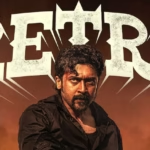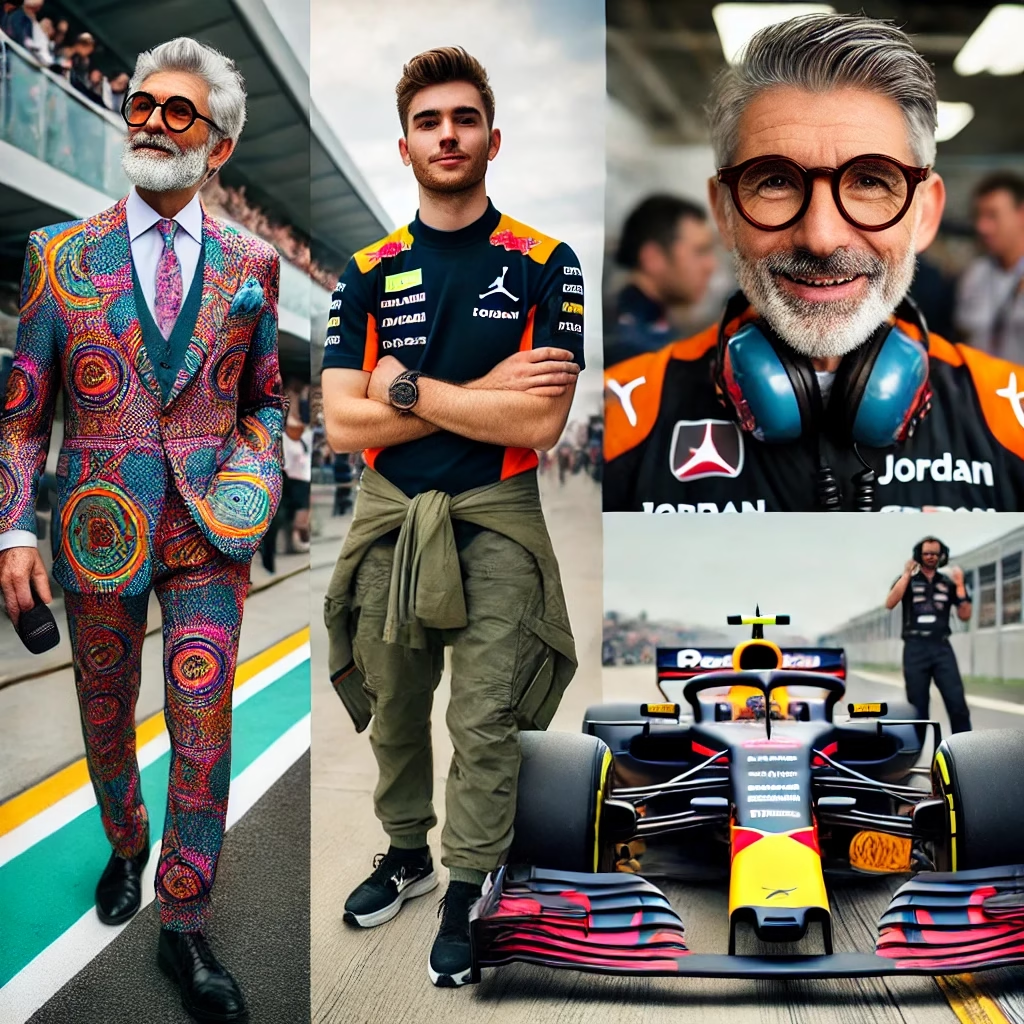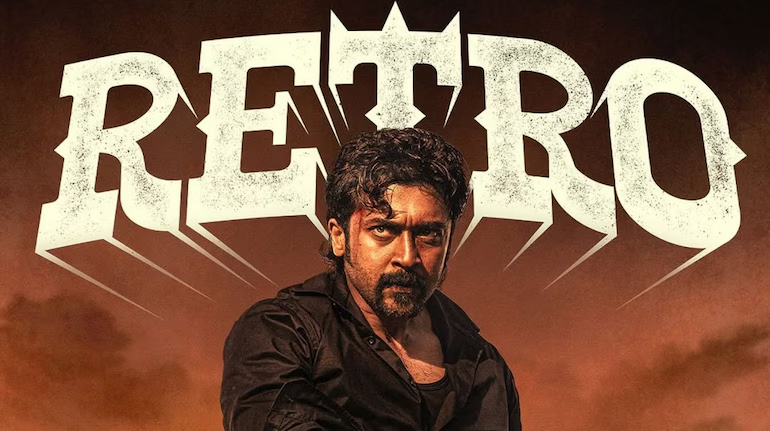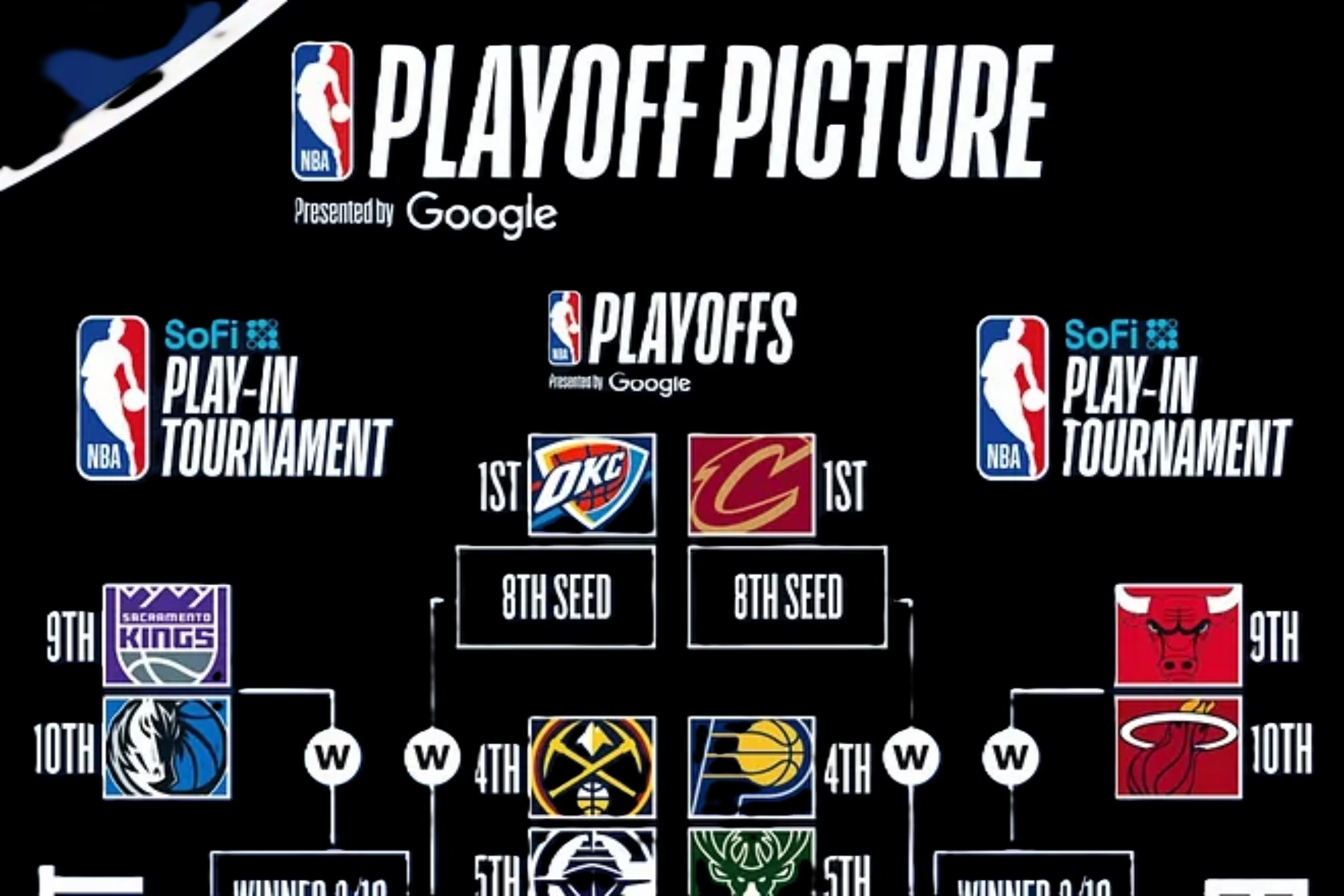Eddie Jordan, the charismatic Irish entrepreneur and Formula 1 team owner who passed away on March 20, 2025, left an indelible mark on the world of motorsport. His journey from a Dublin bank clerk to a Formula 1 team owner epitomizes the power of passion, hustle, and entrepreneurial spirit. Known for his irrepressible optimism and energetic joie de vivre, Eddie Jordan’s contribution to Formula 1 extended beyond his team’s on-track success to his remarkable ability to spot and nurture young talent, his business acumen, and his larger-than-life personality that brought a touch of rock and roll to the often corporate world of Formula 1.
Early Life and Banking Beginnings
Edmund Patrick Jordan was born on March 30, 1948, in Dublin, Ireland. Growing up between Dartry in south Dublin and Bray in County Wicklow, young Eddie had a typical Irish upbringing. He received his education at the Synge Street Christian Brothers School, where he spent eleven years. Initially, Jordan had contemplated careers in dentistry or even the priesthood, paths that were considered prestigious in Irish society at that time.
Instead, Eddie began his professional life as a clerk at the Bank of Ireland, a respectable if somewhat humdrum position that hardly hinted at the colorful career that would follow. Jordan himself would later describe his banking career as restrictive, failing to contain his natural entrepreneurial instincts and desire for something more exciting.
The Racing Bug: A Chance Discovery
Eddie Jordan’s life changed forever in 1970 when a strike at the Bank of Ireland prompted him to temporarily relocate to Jersey in the Channel Islands to find work. It was here, almost by accident, that he discovered kart racing at Jersey’s Belle Vue circuit in St Brelade. This chance encounter with motorsport ignited a passion that would define the rest of his life.
Upon returning to Ireland, Jordan immediately purchased his own kart and began competing. His natural talent was evident from the start, and by 1971, he had won the Irish Kart Championship. This early success fueled his ambition and convinced him to pursue racing more seriously.
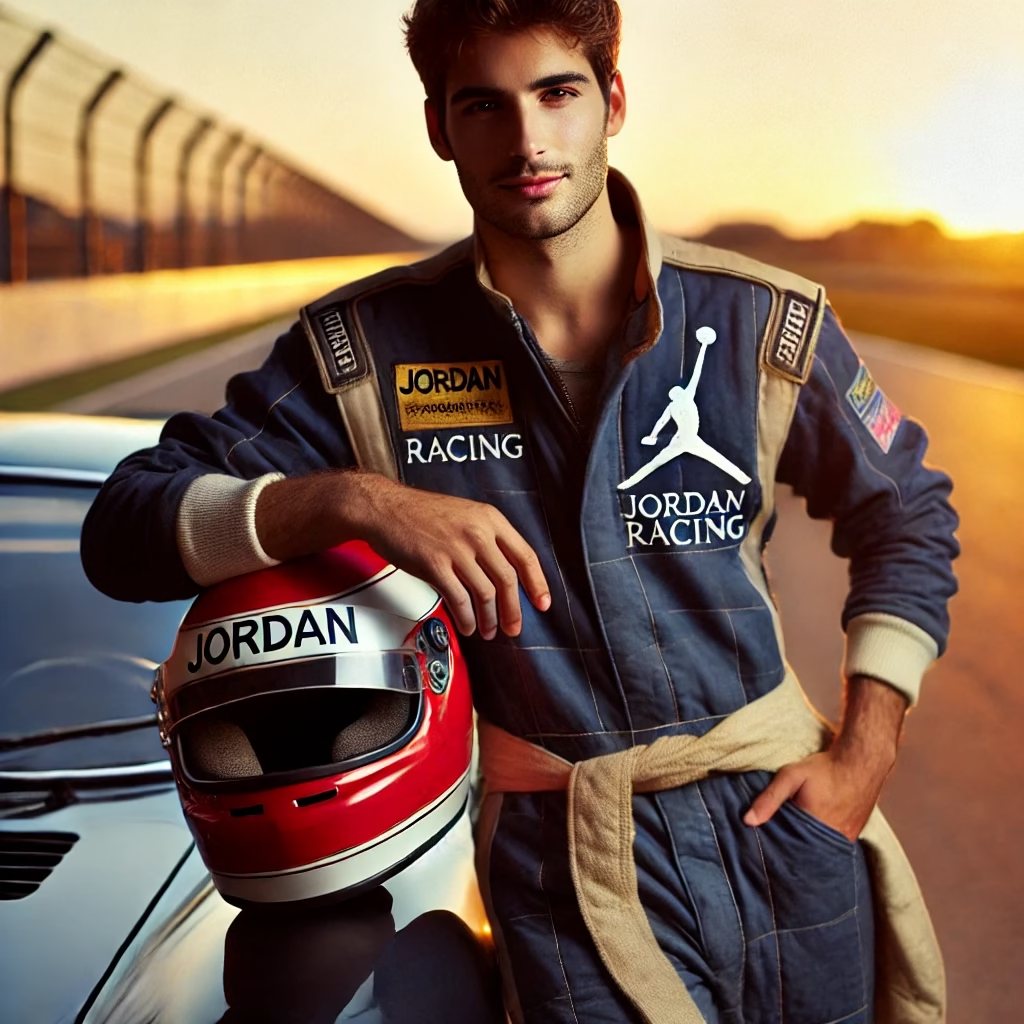
Over the next few years, Jordan progressed through the racing ranks, competing in Formula Ford and crossing the Irish Sea to race in British Formula Three. His driving career faced a temporary setback in 1976 when he broke both legs in a crash, forcing him to sit out the season. However, this did not dampen his enthusiasm for the sport.
By 1978, Jordan had recovered and moved up to Formula Atlantic, where he won the Duckhams-sponsored regional championship at Mondello Park and the BP-backed All-Ireland championship. These victories caught the attention of Irish racing legend Derek McMahon, who recruited Jordan for his 1979 British F3 campaign alongside future F1 driver Stefan Johansson.
During this period, Jordan also competed in one Formula Two race and even tested a McLaren Formula 1 car in 1979. Additionally, he raced in the World Sports Car Championship with Porsche and joined the Pink Floyd BMW team at the prestigious 24 Hours of Le Mans. However, despite these achievements, it became increasingly clear that Jordan’s true talents lay not behind the wheel, but in team management and entrepreneurship.
From Driver to Team Owner: The Birth of Eddie Jordan Racing
By the end of 1979, facing financial constraints that limited his driving opportunities, Eddie Jordan made a pivotal career decision. With his characteristic entrepreneurial spirit, he founded Eddie Jordan Racing, marking the beginning of his journey as a team owner rather than a driver.
The team’s early years were spent running drivers David Leslie and David Sears in various British racing events in 1981. The following year, James Weaver became the team’s primary driver, before Martin Brundle joined in 1983, finishing second to Ayrton Senna in British F3.
Eddie Jordan Racing steadily built its reputation throughout the 1980s. A significant breakthrough came in 1987 when the team employed Johnny Herbert, who went on to win the British Formula Three Championship. This success prompted Jordan to expand into Formula 3000, where the team achieved its first wins with Herbert and Martin Donnelly in 1988.
The pinnacle of Jordan’s success in the junior categories came in 1989 when his Formula 3000 team dominated the season, with driver Jean Alesi winning the championship. This remarkable achievement, coupled with Jordan’s growing reputation for identifying and developing young talent, set the stage for his most ambitious venture yet: Formula 1.
Breaking into Formula 1: Jordan Grand Prix Takes Flight
In 1991, Eddie Jordan realized his dream of competing at the highest level of motorsport by founding Jordan Grand Prix. The team made its Formula 1 debut at the United States Grand Prix, marking the beginning of a 15-year journey that would yield four grand prix victories and establish Jordan as one of the most beloved figures in the sport.
From the outset, Jordan’s team exhibited the same flair and personality as its founder. Operating on a fraction of the budget of the established teams, Jordan Grand Prix embraced its underdog status while displaying an ambition and resourcefulness that would become its hallmark.
The team’s first season featured one of the most significant moments in Formula 1 history when Jordan gave a young Michael Schumacher his F1 debut at the 1991 Belgian Grand Prix. Although Schumacher was poached by Benetton immediately afterward (a move that caused considerable controversy), it showcased Jordan’s remarkable eye for talent. This would become a recurring theme throughout the team’s existence.
The early years of Jordan Grand Prix were characterized by financial struggles and the constant challenge of competing against better-funded teams. However, Eddie’s charisma and business savvy enabled him to secure crucial sponsorship deals that kept the team afloat. His ability to “finesse” these partnerships, as many in the paddock noted, was often the difference between survival and collapse.
The Golden Era: Success Against the Odds
After several years of building and developing, Jordan Grand Prix entered its golden era in the late 1990s. The team’s breakthrough moment came at the rain-soaked 1998 Belgian Grand Prix, where Damon Hill scored Jordan’s maiden victory, with teammate Ralf Schumacher following him home for a sensational 1-2 finish. The result was so unexpected that race organizers didn’t even have the Irish national anthem ready for the podium ceremony.
This victory marked the beginning of Jordan’s most successful period in Formula 1. The following year, 1999, saw the team achieve its best-ever season, with Heinz-Harald Frentzen winning two races and briefly emerging as a surprise contender for the World Championship. Jordan Grand Prix finished the season third in the Constructors’ Championship, a remarkable achievement for an independent team competing against manufacturer-backed outfits.
The team’s fourth and final victory came in another chaotic race, the 2003 Brazilian Grand Prix, courtesy of Giancarlo Fisichella. This win, achieved in exceptionally difficult conditions, exemplified the fighting spirit and resourcefulness that defined Jordan Grand Prix throughout its existence.
However, by the mid-2000s, the increasing commercialization of Formula 1 made it increasingly difficult for independent teams to compete. Financial pressures mounted, and in 2005, Eddie Jordan made the difficult decision to sell his team to the Midland Group for approximately $60 million. This marked the end of an era, not just for Jordan but for Formula 1 as a whole, as one of the sport’s most colorful and beloved characters stepped away from team ownership.
The Talent Spotter: Jordan’s Eye for Future Champions
Perhaps Eddie Jordan’s most significant contribution to Formula 1 was his remarkable ability to identify and nurture young driving talent. The list of drivers who began their F1 careers with Jordan reads like a who’s who of motorsport talent in the 1990s and early 2000s.
Most famously, Jordan gave seven-time World Champion Michael Schumacher his Formula 1 debut at the 1991 Belgian Grand Prix. Although Schumacher’s time with the team was brief, it launched the career of arguably the greatest driver in the sport’s history.
Other notable drivers who started their F1 careers with Jordan include Rubens Barrichello (1993), who went on to become one of the most experienced drivers in F1 history; Eddie Irvine (1993), a future Ferrari driver and championship contender; and Ralf Schumacher (1997), who would win multiple grands prix with Williams.
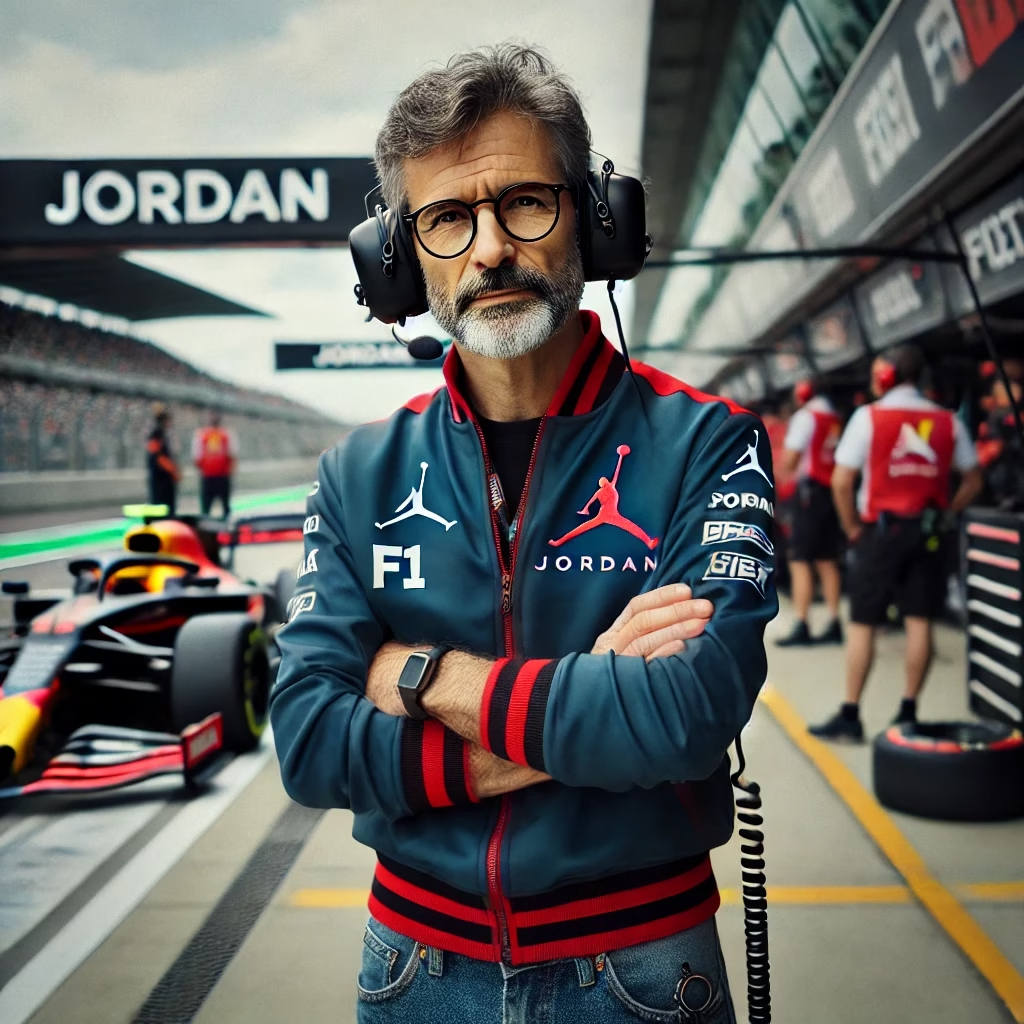
Jordan also provided opportunities for drivers who had struggled to fulfill their potential elsewhere. Most notably, Heinz-Harald Frentzen, who had underperformed at Williams despite having championship-caliber machinery, flourished at Jordan in 1999, winning two races and challenging for the world championship.
The team’s role in developing driver talent extended beyond those who achieved the greatest fame. Drivers like Takuma Sato, who later won the Indianapolis 500, and Nick Heidfeld, who had a long and respectable F1 career, also benefited from Jordan’s nurturing environment. The team was particularly successful with German drivers during the 1990s and early 2000s, capitalizing on Germany’s growing interest in Formula 1 following the success of Michael Schumacher.
The Business Mind: Entrepreneurial Spirit and Marketing Genius
Eddie Jordan’s success in Formula 1 was as much due to his business acumen as his passion for racing. Operating a competitive Formula 1 team on a limited budget required exceptional financial and marketing skills, areas where Jordan excelled.
Jordan had a natural talent for securing sponsorship, often through his sheer force of personality and persuasive charm. He famously told potential sponsors: “You are going to sponsor me, I have a feeling about that, and we’re going to have the most rollercoaster, successful time of it — so why don’t we just cut to the chase and find a contract that’s fair to both sides.”
This direct approach, coupled with his infectious enthusiasm, proved remarkably effective. Jordan also understood the value of creating a distinctive identity for his team. The vibrant yellow liveries that adorned Jordan cars in various seasons became instantly recognizable and helped the team stand out in a crowded field.
Moreover, Jordan recognized that his own colorful personality could be a valuable marketing asset. He cultivated an image as the “Irish joker” or “jack the lad,” presenting himself as less serious and more approachable than other team principals. However, as he later admitted, this was partly a calculated facade: “I was ridiculously serious, but I had this character that needed to be played out — I was the Irish joker, I was jack the lad. And I hoped they wouldn’t take me too seriously.”
This strategy worked brilliantly, both in terms of media coverage and sponsor appeal. Companies recognized that associating with Jordan would generate far more publicity than their sponsorship expenditure would normally warrant, thanks to his flamboyant character and media-friendly antics.
Life After Formula 1: Media Career and Business Ventures
After selling Jordan Grand Prix in 2005, Eddie Jordan remained a prominent figure in the motorsport world while expanding his business interests into new areas. His natural charisma and deep knowledge of Formula 1 made him an ideal television pundit, and in 2009, he joined the BBC’s Formula 1 coverage team.
Jordan quickly established himself as one of the most outspoken and entertaining commentators in the sport. His insider knowledge and extensive connections allowed him to break major news stories before anyone else, earning him a reputation for having a “crystal ball” when it came to predictions. Notable examples included correctly forecasting Lewis Hamilton’s move from McLaren to Mercedes and Michael Schumacher’s comeback with Mercedes in 2010.
When Formula 1 broadcasting rights in the UK moved from the BBC to Channel 4 in 2016, Jordan followed, continuing to provide his unique brand of insight and entertainment to viewers. In recent years, he co-hosted the popular “Formula for Success” podcast with former F1 driver David Coulthard, further expanding his media presence.
Beyond broadcasting, Jordan diversified his business interests following his exit from Formula 1. He invested in property development, became involved in horse racing, and acquired a stake in the London Irish rugby club. His entrepreneurial spirit remained as strong as ever, and by 2025, his net worth was estimated at approximately $600 million, according to various sources.
Jordan’s connections in Formula 1 remained strong even after he left team ownership. In 2024, he acted as Adrian Newey’s manager, negotiating the renowned technical director’s high-profile move from Red Bull to Aston Martin (ironically, the team that evolved from Jordan Grand Prix through various ownership changes).
Personal Life: The Man Behind the Public Persona
Despite his larger-than-life public personality, Eddie Jordan maintained a relatively stable personal life. He married Marie McCarthy, a retired Irish basketball player, in 1979, and the couple had four children together. Their marriage lasted until Jordan’s death, spanning over 45 years.
The family divided their time between residences in Ireland, London, Monaco, and Wentworth, with Jordan later adding a property in South Africa, where he became neighbors with Formula 1 technical guru Adrian Newey. Jordan’s lifestyle reflected his success, with interests in yachting, helicopter flying, and fast cars – all fitting pastimes for a man so deeply immersed in the high-octane world of motorsport.
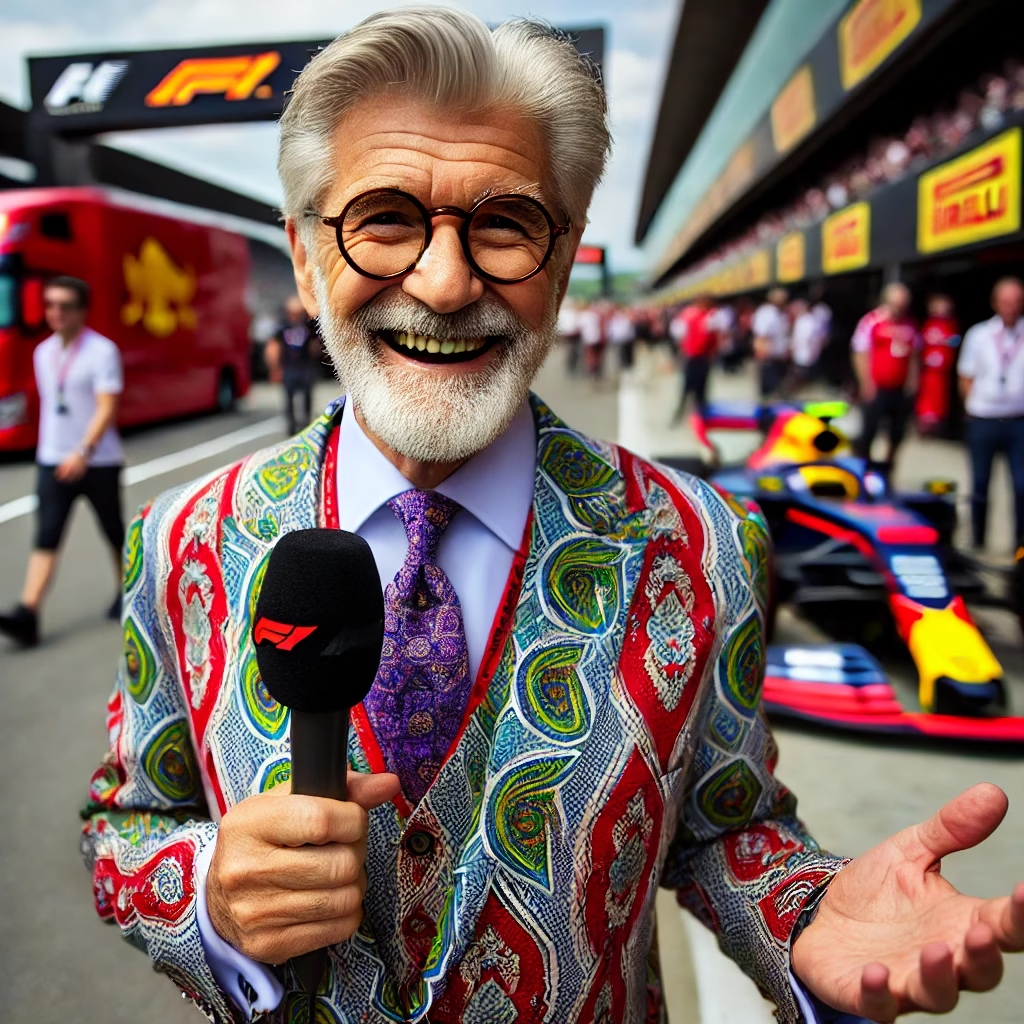
Music was another of Jordan’s passions. An accomplished drummer, he occasionally performed with his band, V10. This love of rock and roll influenced the atmosphere at Jordan Grand Prix, which was known for its more relaxed and fun-loving environment compared to other Formula 1 teams.
Jordan was also committed to charitable causes, serving as a patron of CLIC Sargent (later renamed Young Lives vs Cancer), a UK charity supporting children and young people with cancer. His philanthropic work was less publicized than his racing and business activities but remained an important aspect of his life.
The Final Chapter: Confronting Cancer with Characteristic Courage
In early 2024, Eddie Jordan revealed on his “Formula for Success” podcast that he had been diagnosed with prostate and bladder cancer. With his characteristic directness, he used his platform to encourage others to get tested: “Go and get tested,” he urged listeners, “because in life you’ve got chances.”
Despite undergoing several rounds of chemotherapy, Jordan disclosed in December 2024 that the cancer had spread to his spine and pelvis. Throughout his illness, he maintained the positive outlook and fighting spirit that had defined his career, continuing to work when possible and remaining connected to the sport he loved.
Eddie Jordan passed away on March 20, 2025, in Cape Town, South Africa, just ten days before what would have been his 77th birthday. The news of his death prompted an outpouring of tributes from across the motorsport world and beyond, reflecting the immense impact he had made on Formula 1 and the many lives he had touched throughout his remarkable career.
Legacy: Eddie Jordan’s Lasting Impact on Formula 1
Eddie Jordan’s influence on Formula 1 extends far beyond the four grand prix victories achieved by his team. His legacy encompasses several distinct but interconnected areas that have shaped the sport in lasting ways.
First and foremost, Jordan demonstrated that passion, personality, and hustle could still succeed in an increasingly corporate sport. In an era when Formula 1 was beginning to be dominated by manufacturer teams with enormous budgets, Jordan Grand Prix showed that an independent outfit could still compete and occasionally triumph against the odds. This underdog spirit resonated with fans and added a crucial element of unpredictability and romance to the sport.
Secondly, Jordan’s eye for talent and willingness to give opportunities to young drivers has had a profound impact on Formula 1. The careers he launched or influenced have collectively won dozens of grands prix and multiple world championships. His team served as an important stepping stone for drivers who would go on to define their eras of the sport.
Thirdly, Jordan brought a distinct personality and flair to Formula 1 that made the sport more accessible and entertaining for casual fans. His colorful character, witty interviews, and occasional controversies added color to a paddock that sometimes risked becoming too corporate and sanitized. After his team ownership days, his media career continued this tradition, with his straight-talking analysis and insider knowledge enhancing broadcasts for millions of viewers.
Finally, the team he founded continues to exist in a different form. Through various ownership changes and rebranding – from Midland to Spyker to Force India to Racing Point and now Aston Martin – the organization that Eddie Jordan created remains on the Formula 1 grid. The fact that Adrian Newey, arguably the sport’s greatest designer, joined this team in 2024 with Jordan acting as his manager brought this legacy full circle in a poetic way.
The Man Who Brought Rock and Roll to Formula 1
Eddie Jordan was often described as someone who brought “rock and roll” to Formula 1, a characterization that aptly captures his disruptive, energetic approach to the sport. Unlike many team principals who came from engineering or business backgrounds, Jordan was a hustler and an entrepreneur who relied on charm, intuition, and an unerring ability to spot opportunities where others saw only challenges.
His path from bank clerk to Formula 1 team owner was unconventional and unlikely, yet perhaps this outsider perspective was precisely what allowed him to succeed where others failed. Unburdened by traditional thinking about how things “should” be done in Formula 1, Jordan created his own playbook, one that prioritized passion, personality, and pure racing spirit.
In many ways, Eddie Jordan was Formula 1’s consummate showman, understanding that the sport was not just about engineering excellence and racing prowess but also about entertainment and human drama. He recognized that fans connected with personalities as much as with technology, and he provided both in abundance.
Yet beneath the flamboyant exterior and carefully crafted public persona lay a shrewd businessman with a steely determination to succeed. As Jordan himself once admitted, “I was ridiculously serious, but I had this facade… It was a really wonderful game. And they never twigged how serious we actually were.”
This combination of serious intent disguised by a light-hearted exterior was perhaps Eddie Jordan’s greatest skill – the ability to disarm competitors, charm sponsors, and endear himself to fans while quietly building one of the most successful independent teams in modern Formula 1 history.
Conclusion: Remembering Eddie Jordan
As the Formula 1 community and the wider world of motorsport reflect on Eddie Jordan’s life and career following his passing at the age of 76, what emerges is a portrait of a truly unique individual whose influence transcended the conventional boundaries of his role as a team owner.
From his unlikely entry into motorsport after discovering karting during a banking strike to his final days as a respected elder statesman of Formula 1, Eddie Jordan’s journey exemplified the transformative power of passion when combined with entrepreneurial spirit and sheer force of personality.
The team he founded may no longer bear his name, and the era of the truly independent Formula 1 constructor may have passed, but Eddie Jordan’s legacy lives on in the careers he launched, the fans he entertained, and the more colorful, accessible sport that Formula 1 became partly due to his influence.
In an increasingly corporate and technologically-driven sport, Eddie Jordan reminded everyone that at its heart, Formula 1 is a human endeavor – a canvas for remarkable personalities to express themselves through the pursuit of speed, competition, and excellence. For bringing that essential truth to life through his words, actions, and irrepressible spirit, the world of motorsport will forever be in his debt.
Eddie Jordan: racing driver, team owner, talent spotter, businessman, media personality, and above all, a true original who changed Formula 1 for the better. His like will not be seen again.
Read more at worldsinsight




